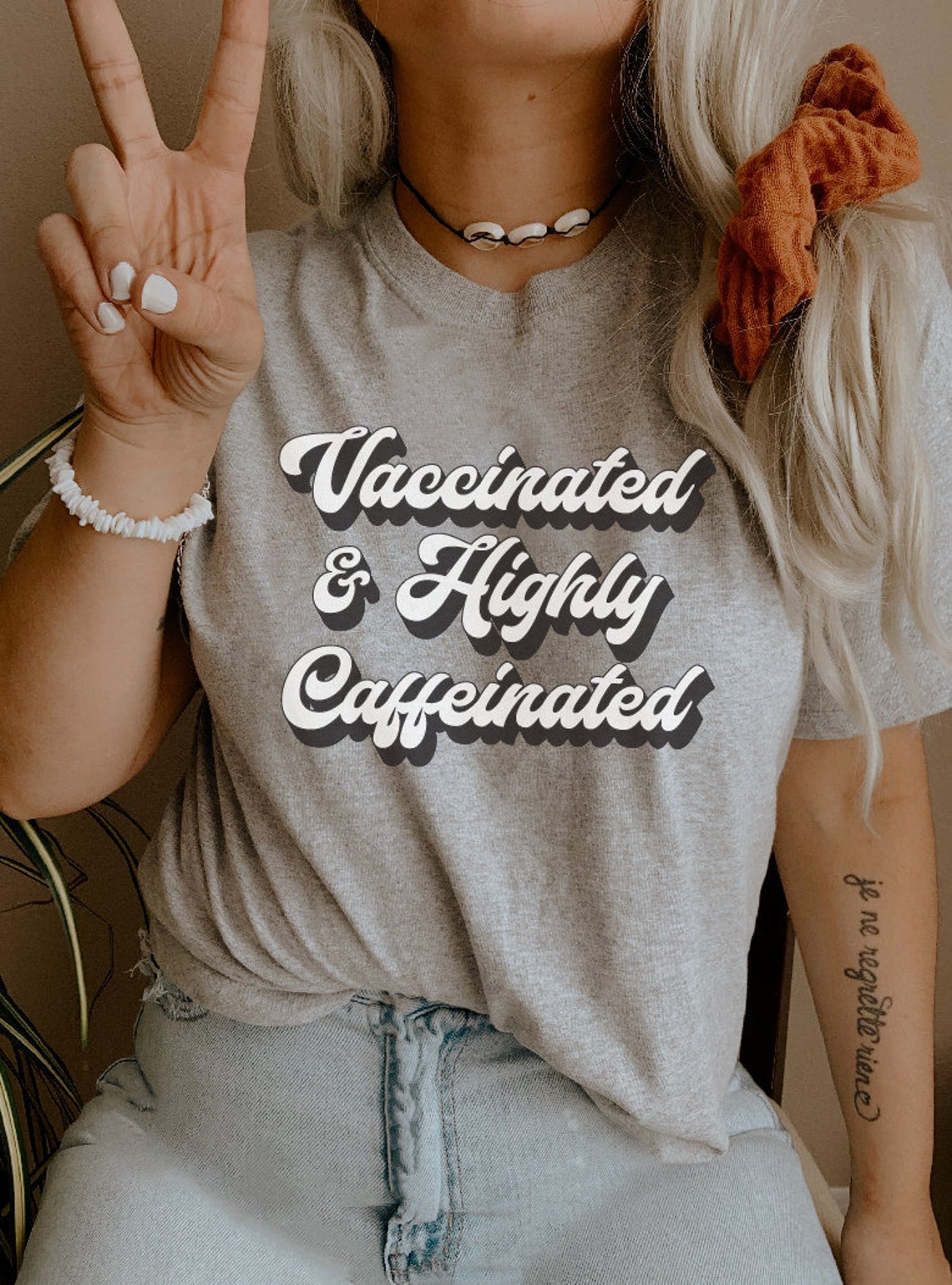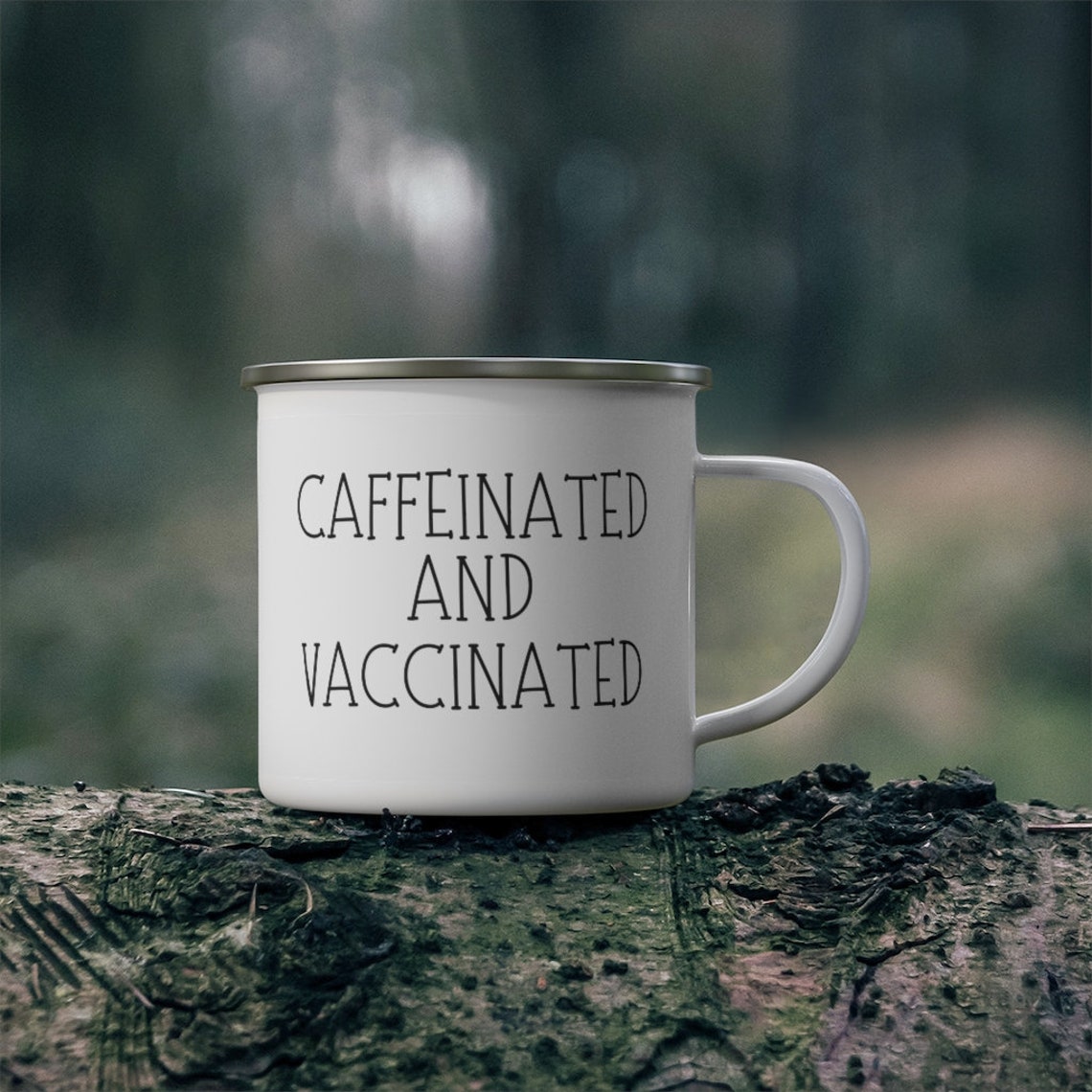

They teach your body to recognize that the protein is an invader that should be attacked. These vaccines include proteins from the virus instead of the entire virus. It should be noted that this does not cause COVID-19. mRNA vaccines contain material from the virus that allows your body to create white blood cells and antibodies to defend against it. There are three primary types of vaccines authorized for emergency use or undergoing large-scale clinical trials in the United States. The way vaccines achieve this varies depending on how they’re made. It’s possible that heavy drinking in combination with vaccination may contribute to the development of this rare complication, although future studies are needed to understand if this is indeed the case.ĬOVID-19 vaccines help your body recognize the virus that causes COVID-19 as a foreign invader that should be attacked. In an April CDC report, only 9 total cases of CVST had been recorded after nearly 200 million vaccines had been administered.Īccording to the Italian Society on Alcohol, alcohol is linked to negative platelet function that may increase the risk of coagulation disorders like CVST. CVST is a blood clot in the sinuses of the brain. Some types of COVID-19 vaccines, such as Johnson & Johnson and AstraZeneca, have potentially been associated with a condition called cerebral venous sinus thrombosis (CVST) in extremely rare cases. Alcohol and cerebral venous sinus thrombosis He advised avoiding drinking for 3 days after receiving each injection or any other vaccine. Alexander Gintsburg, the head of the research team that produced the Sputnik V vaccine, has since shared on the official Sputnik V social media account that a complete ban on alcohol is not necessary and that moderate consumption is alright.

The logic was that alcohol may reduce your ability to build immunity to the virus that causes COVID-19.ĭr. To be on the safe side, it’s probably best to either keep your alcohol consumption the same or reduce it for at least a few days after receiving your vaccine.Īs reported by Reuters, a Russian health official released a warning in December 2020 that people receiving the Sputnik V COVID-19 vaccine should avoid alcohol for 2 weeks before their first injection and for 4 weeks after their second injection. But much more research is needed to back these findings. Some early studies on macaques (monkeys), rats, and people have found some evidence that moderate alcohol consumption is associated with improved cardiovascular health and possibly immune health. It’s likely that drinking moderately in the days following your vaccine will not change its effectiveness. These trials did not examine whether alcohol affects vaccine effectiveness. COVID-19 vaccines approved for emergency use in the United States had to go through rigorous clinical trials to assess their safety before the FDA authorized them. It’s currently not entirely known how alcohol consumption affects your vaccine response. The purpose of COVID-19 vaccines is to help your immune system recognize the virus that causes COVID-19 as a foreign invader.

Can you drink alcohol after getting a COVID-19 vaccine?


 0 kommentar(er)
0 kommentar(er)
